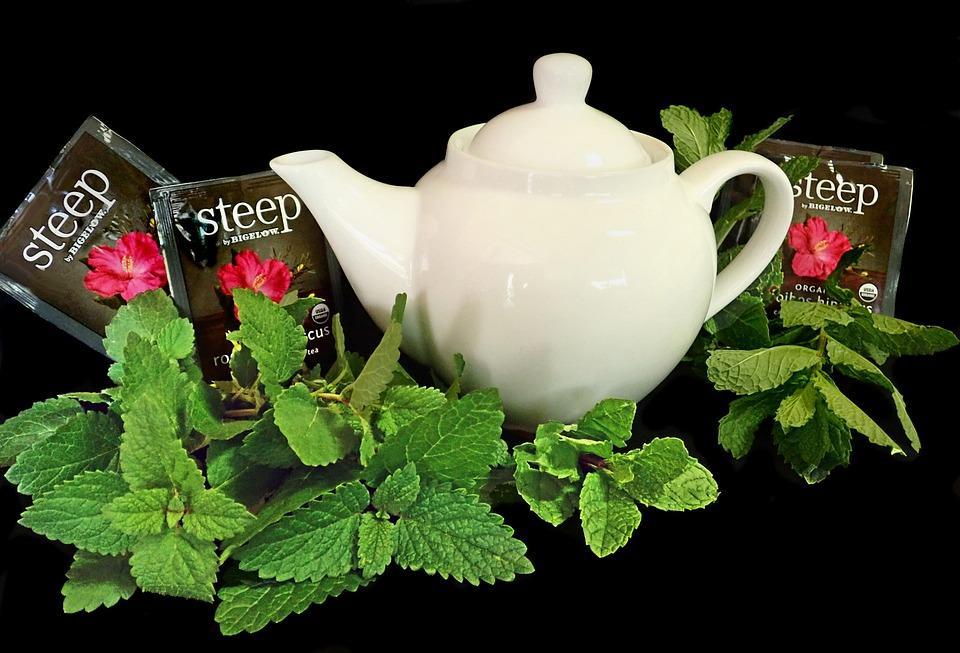Herbal remedies for everyday ailments are more than just a trend; they’re a lifeline. In a world full of synthetic medications, these natural options offer a gentle, effective way to address common health issues. If you’re tired of relying on over-the-counter drugs that come with a laundry list of side effects, you’re in the right place. Let’s dive into some powerful herbal remedies that can transform your health routine.
Contents
What Are Herbal Remedies?
Herbal remedies are natural products derived from plants, used to treat or prevent health issues. They’ve been around for centuries, celebrated by cultures worldwide for their healing properties. With rising interest in holistic health, these remedies are making a significant comeback. They matter because they provide a natural alternative to pharmaceuticals, often with fewer side effects, and can empower you to take charge of your well-being.
Why Trust Herbal Remedies?
You might wonder if herbal remedies are as reliable as modern medicine. The truth is, many have been studied for their efficacy and safety. When used appropriately, they can complement your health journey, offering a holistic approach that considers your body and mind.
1. Ginger for Nausea
If you’ve ever felt queasy, you know how debilitating nausea can be. Ginger is your go-to natural remedy.
Benefits of Ginger
- Anti-nausea: Ginger has been shown to effectively reduce nausea related to motion sickness, morning sickness during pregnancy, and chemotherapy.
- Digestive support: It can help relieve bloating and indigestion.
How to Use Ginger
- Tea: Steep fresh ginger slices in hot water for 10 minutes.
- Candied ginger: A tasty option that’s easy to carry.
For more in-depth information on ginger’s benefits, check out the National Center for Complementary and Integrative Health.
2. Chamomile for Sleep and Anxiety
Feeling restless? Chamomile is here to calm your nerves and help you drift off to dreamland.
Benefits of Chamomile
- Sleep aid: It’s widely recognized for its calming effects, making it easier for you to fall asleep.
- Anxiety relief: Regular consumption can reduce anxiety levels.
How to Use Chamomile
- Tea: Drink a cup an hour before bed.
- Essential oil: A few drops on your pillow can promote relaxation.
For further reading on chamomile, visit WebMD.
3. Peppermint for Digestive Issues
When your stomach is in turmoil, peppermint can be a soothing ally.
Benefits of Peppermint
- Digestive relief: Effective for bloating, gas, and irritable bowel syndrome (IBS).
- Headache relief: The cooling effect can ease tension headaches.
How to Use Peppermint
- Tea: Brew fresh or dried leaves in hot water.
- Oil: Dilute and apply to temples for headaches.
Discover more about peppermint’s benefits at Healthline.
4. Turmeric for Inflammation
If you’re dealing with chronic pain, turmeric may be your new best friend.
Benefits of Turmeric
- Anti-inflammatory: Curcumin, the active ingredient, has powerful anti-inflammatory properties.
- Antioxidant: It helps combat oxidative stress in your body.
How to Use Turmeric
- Golden milk: Mix turmeric powder with warm milk and honey.
- Supplements: Available in capsules for convenience.
5. Echinacea for Immune Support
When the seasons change and colds start to circulate, echinacea can boost your immune system.
Benefits of Echinacea
- Immune booster: Studies show it can reduce the duration of colds.
- Antiviral properties: It may help fend off infections.
How to Use Echinacea
- Tea: Brew the dried flowers or roots.
- Tincture: A concentrated liquid form for quick absorption.
6. Lavender for Stress Relief
In our fast-paced lives, stress can take a toll. Lavender offers a fragrant escape.
Benefits of Lavender
- Calming effects: Known to reduce anxiety and promote relaxation.
- Aids sleep: Helps improve sleep quality.
How to Use Lavender
- Essential oil: Diffuse in your room or add a few drops to your bath.
- Pillow sachet: Fill a small bag with dried lavender for a calming scent.
7. Garlic for Heart Health
Your heart deserves the best, and garlic can help maintain its health.
Benefits of Garlic
- Cholesterol control: Helps lower bad cholesterol levels.
- Antimicrobial: Offers immune-boosting properties.
How to Use Garlic
- Raw: Add minced garlic to salads or dressings.
- Supplements: Available in capsules for those who prefer not to eat it raw.
How to Incorporate Herbal Remedies into Your Life
Adding herbal remedies to your routine doesn’t have to be daunting. Here are some practical tips:
- Start Slow: Introduce one remedy at a time to see how your body reacts.
- Quality Matters: Choose high-quality, organic herbs from reputable sources.
- Consult Professionals: Speak with a healthcare provider, especially if you’re taking other medications.
Bottom Line
Herbal remedies for everyday ailments can provide a natural, effective way to enhance your health. From ginger’s soothing touch on nausea to garlic’s heart-healthy benefits, these remedies empower you to reclaim your wellness. Remember, your body has the wisdom to heal itself; sometimes, it just needs a little help from nature.
Frequently Asked Questions
1. Are herbal remedies safe for everyone?
While many are safe, it’s essential to consult with a healthcare provider, especially if pregnant, nursing, or on medication.
2. How long does it take for herbal remedies to work?
Results can vary. Some may feel immediate effects, while others might take weeks of consistent use.
3. Can I use these remedies alongside prescription medications?
Always consult your doctor before combining herbal remedies with prescription medications to avoid potential interactions.
Now, you have the tools to enhance your well-being naturally. Take a step towards a healthier you by exploring these herbal remedies today!
Get Your FREE Natural Health Guide!
Subscribe now and receive our exclusive ebook packed with natural health tips, practical wellness advice, and easy lifestyle changes, delivered straight to your inbox.




